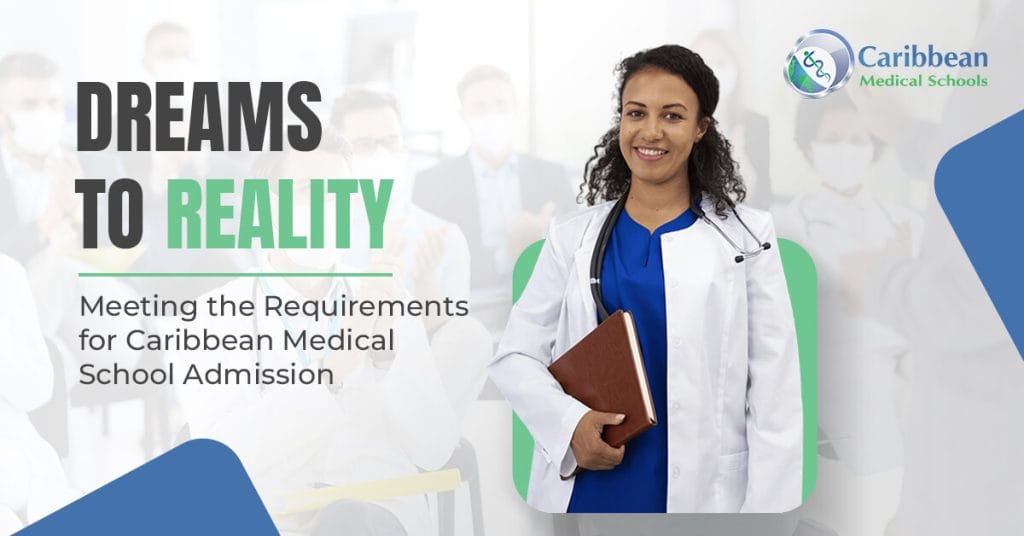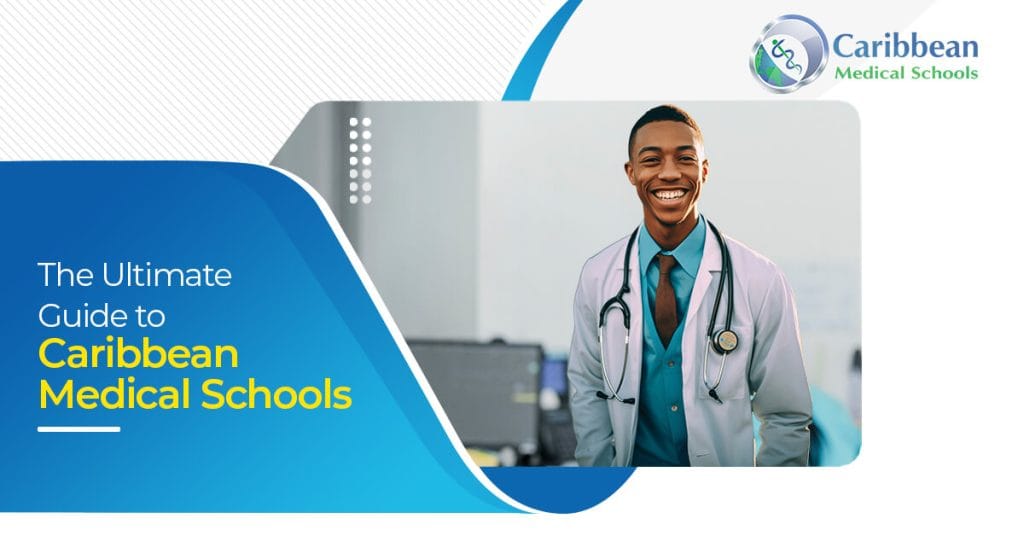From Dreams to Reality: Meeting the Requirements for Caribbean Medical School Admission
Blog Summary Meeting Caribbean medical school admission requirements can turn your dreams into reality. This article covers academic prerequisites, standardized exams, application materials, extracurricular activities, interviews, and financial considerations. With…


